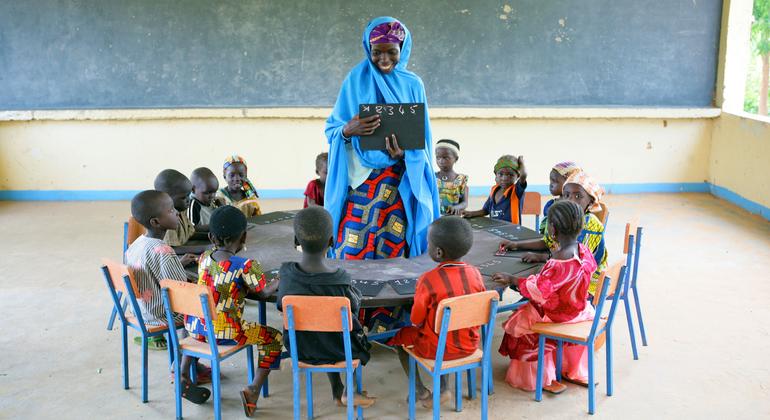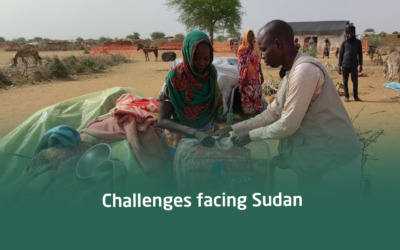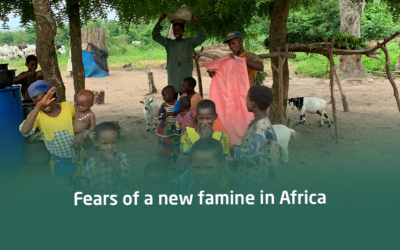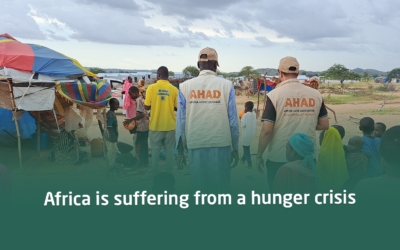Education in South Africa
South Africa is one of the most economically and culturally promising countries on the continent of Africa, but it faces significant challenges in the field of Education. Education in this country is one of the vital issues that directly affects the future of the country’s youth and the development of its society. Education in South Africa is characterized by a long history of changes and challenges, but over time, the government and civil society began to focus on improving the education system and providing equal opportunities for learning for all students
The educational system of South Africa
The education system in South Africa comprises three main stages: primary education, secondary education, and higher education. This system aims to provide educational opportunities to all students without discrimination, but it faces significant challenges that affect the quality of education and its equal availability to all.
Primary education
– Primary education is provided free of charge and compulsory for children from 7 to 15 years old. This stage is considered fundamental for building the educational base of students.
– Primary schools in remote and poor areas suffer from a severe lack of resources and infrastructure. These schools are often vulnerable to poor funding, lack of qualified teachers, and lack of textbooks and basic educational materials. This negatively affects the quality of education provided to children in those regions.
Secondary education
– Primary education is followed by secondary education, which is offered in secondary schools. This stage aims to qualify students to enter the labor market or continue their studies in higher education.
– Similar challenges arise for primary education, such as the disparity in quality between urban and rural schools, the lack of basic educational resources and poor infrastructure in some areas.
Higher education
– Higher education is an opportunity for students to continue their studies and specialize in various fields. There are several universities and educational institutions in South Africa that offer a variety of academic programs.
– The challenges include university funding, where many students face difficulties in defraying tuition costs, in addition to the challenges caused by access to an equal quality of higher education among all students.
Despite the significant challenges faced by the education system in South Africa, there are ongoing efforts being made to improve school infrastructure, train teachers, and modernize curricula to meet the needs of the market and society. By investing in education and providing equal opportunities for all, South Africa can make tangible progress towards achieving sustainable development and prosperity for the future of its generations.

Challenges facing education in South Africa
Disparities in educational quality:
In South Africa, there are significant gaps in the quality of education between urban and rural areas, and between poor and rich schools. Schools in poor and rural areas suffer from an acute shortage of basic resources such as textbooks, qualified teachers, and school infrastructure. This significantly affects the learning opportunities of students in these areas, which negatively affects their academic performance and future chances of success.
Language:
The use of a language other than the mother tongue in education can be a significant hindrance for students to fully understand the subjects of study. In South Africa, there is a great diversity of languages spoken by people, and some students may find it difficult to assimilate information when it is taught in a language that is not their native language. This increases the challenges facing education and reinforces the educational gap between students.
Poverty and social justice:
Poverty and the difficult social conditions faced by many children in South Africa are among the main factors affecting their educational opportunities. Destitute families may face difficulties in providing financial support and resources for their children’s education, which increases school dropout rates and reduces students ‘ chances of getting a high-quality education.
The challenges of education and future development
Meeting these challenges requires joint efforts of the government, civil society, and the private sector to improve the education system in South Africa. Through greater investments in school architecture, teacher training, and the development of comprehensive educational curricula, educational gaps can be reduced and equal opportunities for learning can be provided to all children in the country. This, in turn, will contribute to the achievement of sustainable development and economic and social prosperity in South Africa.
Improvement and reform efforts in the South African education system
Despite the significant challenges facing the education system in South Africa, there are ongoing efforts being made to improve school infrastructure, develop educational curricula, and achieve educational equality among all students. Let’s take a deep look at these efforts:
Improving the structure of schools:
– **Infrastructure: * * there are intensive efforts to improve the infrastructure of schools in poor and remote areas. This includes the construction and renovation of school buildings, the provision of safe and appropriate educational facilities for students and teachers.
– **Educational resources: * * improve the availability of textbooks, basic educational materials in all schools, to ensure that every student has access to the necessary resources for learning.
Curriculum development and teacher training:
– Curriculum update: educational curricula are regularly developed to ensure that the needs and aspirations of students and society are met. Updating the curriculum is an essential part of efforts to improve the quality of Education.
– Teacher training: continuous training is offered to teachers to improve their teaching skills and develop their abilities to cope with changing educational challenges. This includes training in educational technology and modern teaching methods.
Focus on educational equality:
– Provide equal opportunities: the government, in cooperation with non-governmental organizations, is working to provide equal educational opportunities for all students. Emphasis is placed on providing support to students from needy and disadvantaged economic groups, ensuring that gender or social background does not have a role in students ‘ access to high-quality education.
With an ongoing commitment to improving the quality of education and providing fair and equal educational opportunities for all students, South Africa can make tangible progress in improving education standards and promoting sustainable development in society. The joint efforts of the government, civil society, and the private sector are essential for success in achieving these vital goals.
The role of the association “Ahad”
The “Ahad” Association is a charitable and social Association and is known for its efforts to improve educational and social conditions in the community. The association plays an important role in helping individuals and families with special needs and the poor by providing material and moral support and assistance.
Ahad works on a wide range of fronts to achieve sustainable development and improve the quality of life for individuals in South Africa. It plays a vital role in promoting social solidarity and providing the necessary support to those who are experiencing difficult conditions in society.
You can visit the AHAD website to find out more about the projects it offers
ALSO READ
WHAT THE FOOD BASKET CONTAINS IN AHAD
Join us in our message




